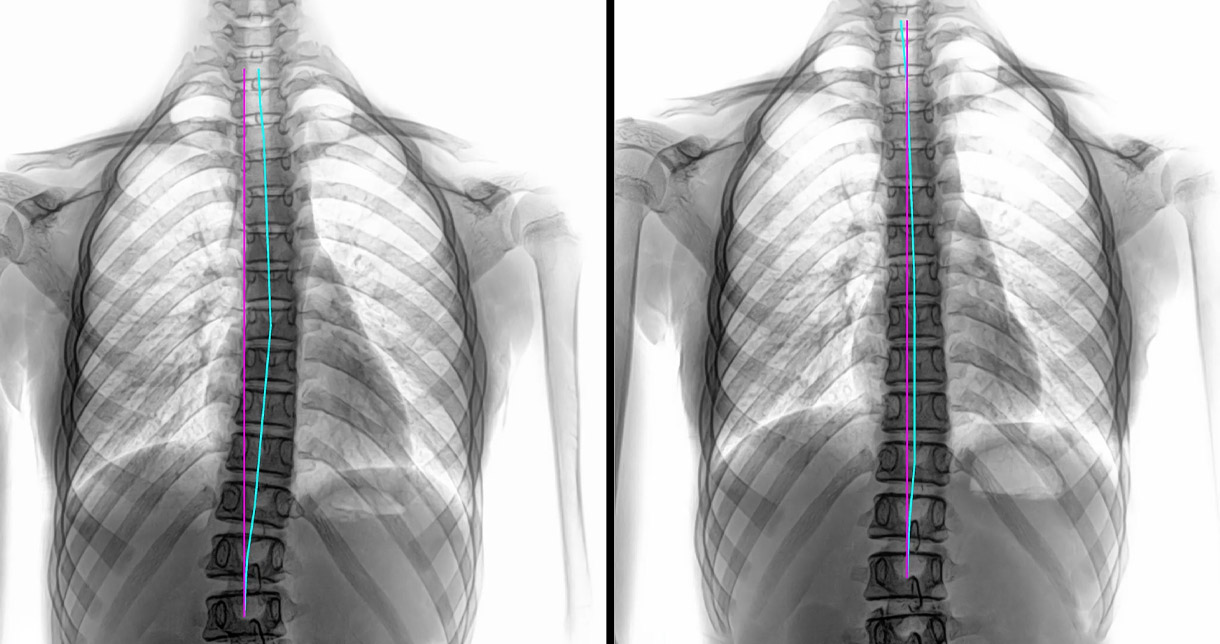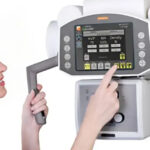Chiropractic with X-Ray: Enhancing Precision, Safety, and Patient Outcomes
In the modern chiropractic practice, integrating advanced imaging technologies such as X-ray has become more than a luxury — it’s essential for delivering precise care, ensuring patient safety, and improving outcomes. With the growing availability of chiropractic X-ray systems, clinics can now upgrade their diagnostic capabilities, streamline workflows, and raise the bar for patient care.
Why X-Ray Matters in Chiropractic Care
Chiropractors often deal with spinal, musculoskeletal, and structural issues where subtle misalignments or changes in spinal curvature can impact treatment decisions. A well-implemented X-ray system provides clear visualization of the entire spine, adjacent structures, and patient anatomy — offering insights that a physical exam alone cannot reveal.
For example:
- A full-spine X-ray gives a comprehensive view of vertebral alignment from cervical to sacral regions, helping identify scoliosis, kyphosis, or alignment concerns.
- Imaging allows chiropractors to detect bone density variations, degenerative changes, and past injuries that affect treatment plans.
- With digital X-ray, practitioners can review and explain images directly to patients, improving understanding and trust.
Precision: The Role of Digital Imaging Systems
Modern chiropractic X-ray systems are designed to enhance efficiency, accuracy, and patient care.
Key benefits include:
- High-resolution imaging: Captures fine anatomical detail for more accurate diagnosis and targeted treatment.
- Fast image acquisition: Digital X-ray systems reduce waiting time and speed up decision-making.
- Software integration: Digital systems can connect with PACS, DICOM viewers, and clinic software, allowing seamless data sharing and long-term tracking.
- Custom configurations: Compact, upright systems are available for clinics with limited space or budgets, eliminating the need for large and complex setups.
Safety: Minimizing Radiation and Ensuring Quality
Safety is a key concern in chiropractic imaging, both for patients and practitioners. Modern systems are designed with advanced safety features to minimize exposure and improve reliability.
- Reduced radiation dose: Digital radiography and computed radiography systems capture images efficiently, lowering exposure levels.
- Fewer repeat scans: High-quality imaging means fewer errors and retakes.
- Quality assurance: Regular maintenance and equipment checks ensure consistent, safe performance.
- Patient transparency: Chiropractors can show patients their images, helping them understand their condition and participate in care decisions.
Outcome-Focused: How X-Ray Supports Better Patient Results
When used effectively, X-ray imaging directly contributes to better chiropractic outcomes.
Benefits include:
- Personalized treatment plans: Imaging helps tailor adjustments based on each patient’s spinal alignment and structure.
- Progress tracking: Baseline and follow-up X-rays enable objective evaluation of treatment effectiveness.
- Better communication: When patients see their X-rays, they better understand their diagnosis and are more likely to follow care recommendations.
- Enhanced safety: Imaging reveals potential risks, such as fractures or bone abnormalities, reducing the chance of improper adjustments.
Practical Considerations for Chiropractic Clinics
If your practice is considering adding or upgrading X-ray capabilities, here are a few important points:
- Space and installation: Determine if your clinic can accommodate a full floor-mounted system or if a compact upright model is a better fit.
- Digital vs. refurbished systems: Digital X-rays provide superior image quality and speed. Refurbished options can help manage costs while maintaining reliability.
- Staff training: Proper training ensures technicians handle positioning, safety, and workflow efficiently.
- Compliance and safety: Follow regulatory guidelines for radiation safety, equipment calibration, and image storage.
- Patient interaction: Use X-ray results during consultations to educate and engage patients in their care journey.
Why Invest in Chiropractic X-Ray Systems
Chiropractic imaging solutions combine innovation, reliability, and long-term value. Clinics benefit from:
- Advanced imaging technology designed for spinal diagnostics.
- Comprehensive installation, maintenance, and training support.
- Flexible purchase options, including new and refurbished systems.
- Experienced technical teams familiar with chiropractic and medical imaging workflows.
By investing in a reliable chiropractic X-ray system, clinics gain a competitive edge in precision, patient care, and operational efficiency.
Conclusion
Integrating X-ray technology into chiropractic practice is no longer optional — it’s a cornerstone of modern, evidence-based care. From accurate spinal imaging to customized treatment plans, improved communication, and enhanced safety, X-ray systems empower chiropractors to deliver better outcomes.



